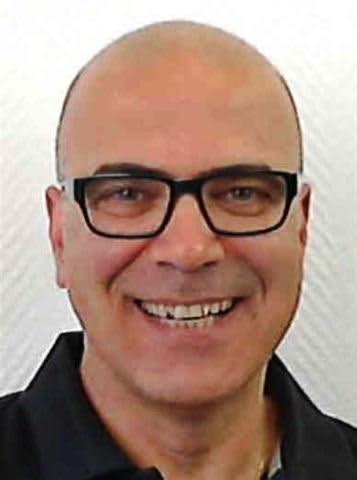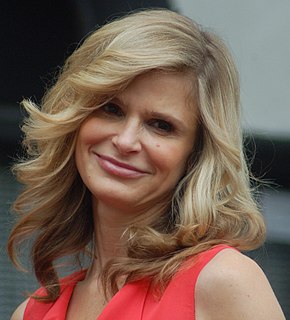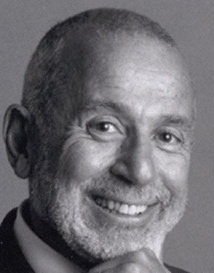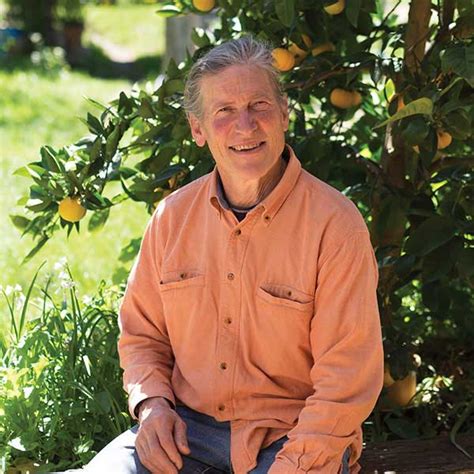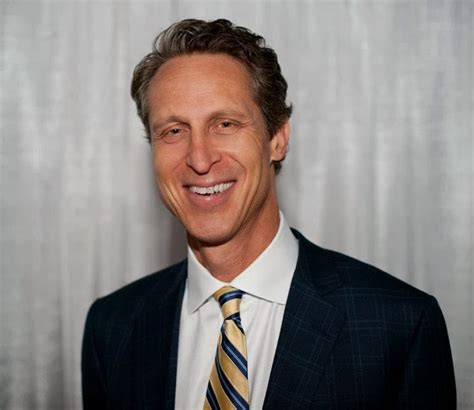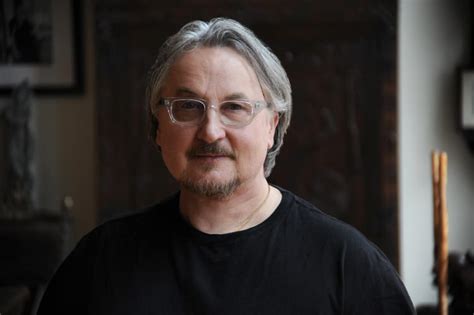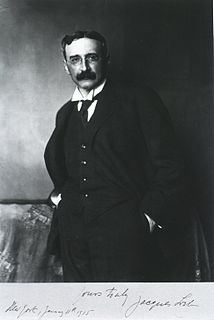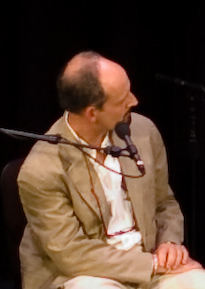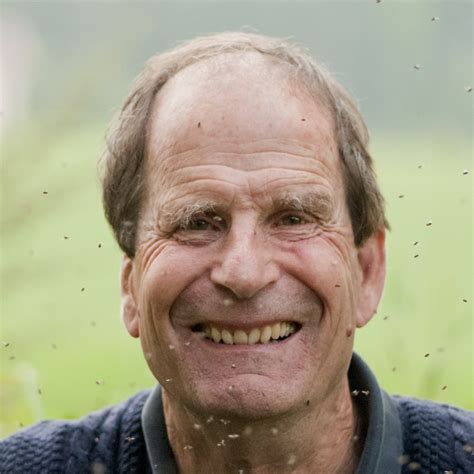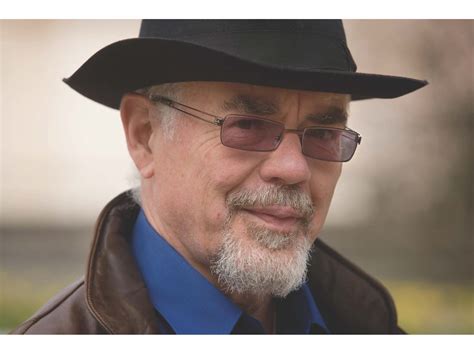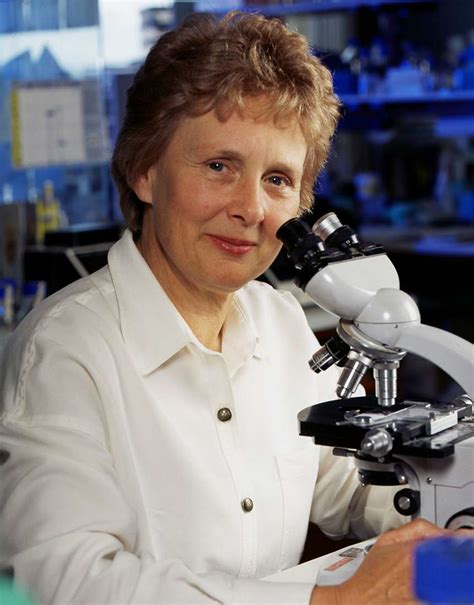A Quote by Sandra Steingraber
We can change our thinking. Rather than viewing the chemical adulteration of our environment and our bodies as the inevitable practice of convenience and progress, we can decide that cancer is inconvenient and toxic pollution archaic and primitive. We can start seeing the creation of carcinogens as the result of outmoded technologies. We can demand green engineering and green chemistry. We can let our systems of industry and agriculture know that they are suffering from a design flaw.
Quote Topics
Agriculture
Archaic
Bodies
Cancer
Change
Chemical
Chemistry
Convenience
Creation
Decide
Demand
Design
Engineering
Environment
Flaw
Green
Inconvenient
Industry
Inevitable
Know
Our
Our Environment
Pollution
Practice
Primitive
Progress
Rather
Result
Seeing
Start
Suffering
Systems
Technologies
Than
Thinking
Toxic
Viewing
Related Quotes
More than anything else, kindness is a way of life. It is a way of living and walking through life. It is a way of dealing with all that is-our selves, our bodies, our dreams and goals, our neighbors, our competitors, our enemies, our air, our earth, our animals, our space, our time, and our very consciousness. Do we treat all creation with kindness? Isn't all creation holy and divine?
I think green buildings are extremely important but it's only part of the equation. A lot of people think that if I put a green building everything is going to be fine, but actually it's not just the green buildings we need, but green businesses, green governments, green economics. We have to extend the greening of buildings to our business and our lifestyles - that is the most important thing to do next.
Global climate change is real and we have a limited time to change our behavior or live with the consequences. We can all help by making small changes in our lives to letting our voice be heard by our governing bodies. As has always been the case in this country, if the people demand change, it will come.
The danger of dioxins in our environment, our food chain, and our bodies is difficult to illustrate, since they are not visible to the naked eye. My time in Vietnam allowed me to see the result of large quantities of them and therefore understand better the insidiousness of the smaller quantities that have found their way into our lives and bodies.
One can expect the human race to continue attempting systems just within or just beyond our reach; and software systems are perhaps the most intricate and complex of man's handiworks. The management of this complex craft will demand our best use of new languages and systems, our best adaptation of proven engineering management methods, liberal doses of common sense, and a God-given humility to recognize our fallibility and limitations.
I believe that a desirable future depends on our deliberately choosing a life of action over a life of consumption, on our engendering a lifestyle which will enable us to be spontaneous, independent, yet related to each other, rather than maintaining a lifestyle which only allows to make and unmake, produce and consume - a style of life which is merely a way station on the road to the depletion and pollution of the environment. The future depends more upon our choice of institutions which support a life of action than on our developing new ideologies and technologies.
If you understand it from an ecological or sustainability perspective, agriculture is the primary way we meet most of our needs, and it's the greatest form of human intervention on our environment. It has intimately shaped our culture as powerfully as industrial modernity, but for ten thousand years rather than two hundred.
Nothing should be used anywhere that is not edible. We should not clean our house with substances that are toxic carcinogens. It's not necessary. There are anti-bacterial agents, and antiseptic agents, that are non-toxic. That's really our focus, and my personal focus: to make consumer goods that don't just smell good, but taste good, and can be used to anoint one's self and also the environment in which you are living in.



